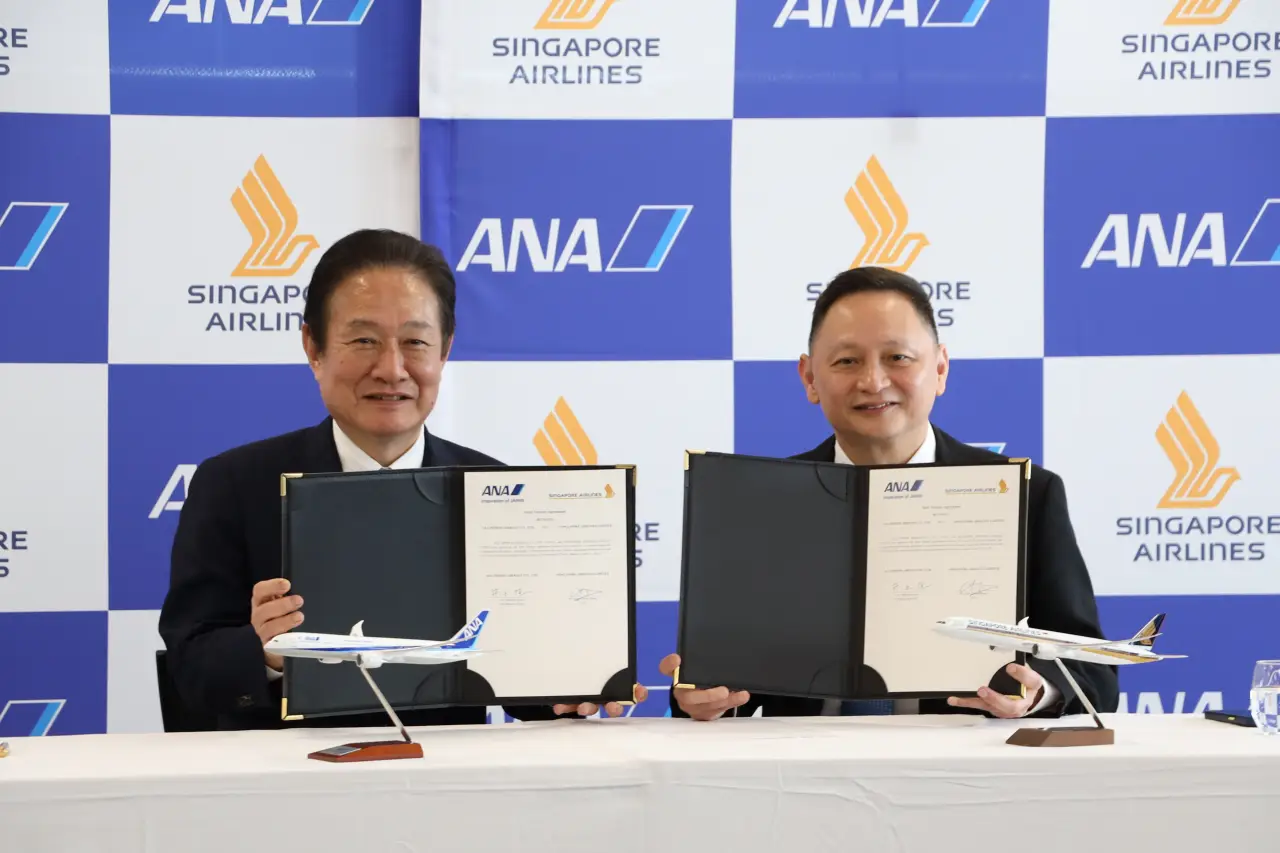After Baby Boomers and Generation X, Millennials are the next big key market and the largest age group for international travel. Usually defined as people born between 1980 and 2000, they are technology-savvy, highly educated and grew up with internet and digital communication.
Millennials love going on city trips, and (at least some) are willing to spend big on travelling, with now half of all luxury trips being made by Millennials. These are the findings of a special evaluation of the World Travel Monitor®, conducted by IPK International and commissioned by ITB Berlin.
Strong growth rates
In 2017, outbound trips of Millennials grew by 15% compared to the previous year and therefore twice as strong as the total market. Today’s Millennials are between 18 and 38 years old and hold a market share of over 40% of all worldwide outbound trips, which means they make up the largest age group for international travel. However, it should be pointed out that this is group is quite inhomogeneous. While on the one side it contains those that are just about to leave school, on the other side, there are those in their thirties who already have a stable income and a life with kids.
Increasing share of Luxury Trips
With more and more Millennials entering the workforce, there has also been increasing disposable income – with more money for travelling. Today, half of all international luxury trips (being defined as trips with expenditure of more than 750 Euros per night on short trips or more than 500 Euros per night on long trips) are made by Millennials – a share that has steadily increased over the last years. Furthermore, among luxury travellers Millennials are those with the highest average expenditure. However, on the other hand there are also more favourable holiday makers among millennials compared to the total market. This is another indicator that millennials are a rather segmented target group.
USA biggest source market and destination
The biggest source market of millennial outbound travellers are the USA, followed by China, Great Britain and Germany, which combined hold a market share of 35% of all millennial outbound travel. Also in terms of destinations, the USA is leading and received the highest number of millennial visitors in 2017, followed by Spain, Germany and France. In a worldwide comparison however, destinations with an above average share of millennial visitors are the Asian destinations Japan, South Korea, India and Australia and in Europe especially Ireland and the Scandinavian countries. In contrast to that, destinations with a below average share of millennial visitors are Spain and Austria, but also China.
City trips and Sun & Beach
Travelling for holidays is the primary purpose of Millennials going on an international trip, while only 15% of trips are for business purposes. However, this pattern is in line with the total market. Within the holiday segment, city trips are the most preferred type of holiday for Millennials with a market share of around one third, which is higher than in the total market. When exploring foreign cities, Millennials enjoy visiting sights, soaking up the atmosphere in the city, shopping as well as good food. The second most important holiday type is Sun & Beach holidays, with the main motives for relaxing, swimming and sunbathing, but also enjoying nature and good food.
Higher sensitivity towards overtourism & terror threats
The analysis shows that Millennials are more sensitive towards overtourism and are more likely to be bothered when destinations are overcrowded by people – hence Millennials are looking for experiences that are more authentic.
Millennials are also more sensitive towards terror warnings compared to all international travellers. A special survey of the World Travel Monitor® shows that Millennials, in the case of terror warnings, are more likely not to travel at all until the situation has improved.
Highly informed before travelling
In general, Millennials are very well informed before they book an outbound trip and are using more sources of information for their travel planning than the average traveller. As expected, they have a high affinity towards the internet and digital communication channels, with 9 in 10 seeking information online prior to going on a trip. In particular travel blogs, travel forums and social media channels are used more frequently by Millennials compared to others, but also the so called traditional information channels such as travel agencies, print media and TV have an above average usage in this segment.
When it comes to the actual bookings for trips, millennials behave just like everyone else, with only a slightly higher share of internet bookings. They are however more likely to be making their online booking via smartphone/mobile device in comparison to the total market.
Better educated and more females
According to the World Travel Monitor® data, Millennials are better educated than the average outbound traveller. Despite a steady increase in recent years, they still have a lower income in comparison – which is also a consequence of the lower age. Another interesting outcome of the analysis is the above average share of female travelers. In contrast to the total outbound market, in the millennial segment female travellers have a higher share than male travellers.
ITB Berlin will be publishing further information on special topics based on IPK International’s World Travel Monitor® data. In addition, initial valid results showing 2018 travel trends will be published at the end of the year.
The final results of the World Travel Monitor® for the entire year 2018, as well as the latest forecasts for 2019, will be presented by Rolf Freitag, CEO of IPK International, at the ITB Future Day during the ITB Berlin Convention. The World Travel Monitor® is based on representative interviews with more than 500,000 people in more than 60 travel markets worldwide, and has been regularly conducted for more than 20 years. It is recognised as the largest continuous study into global travel patterns.













